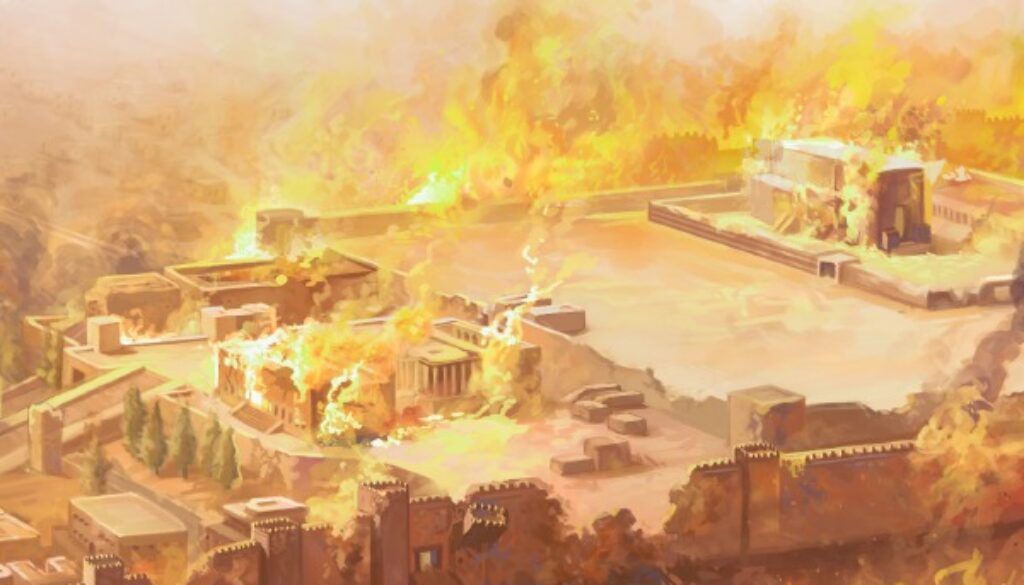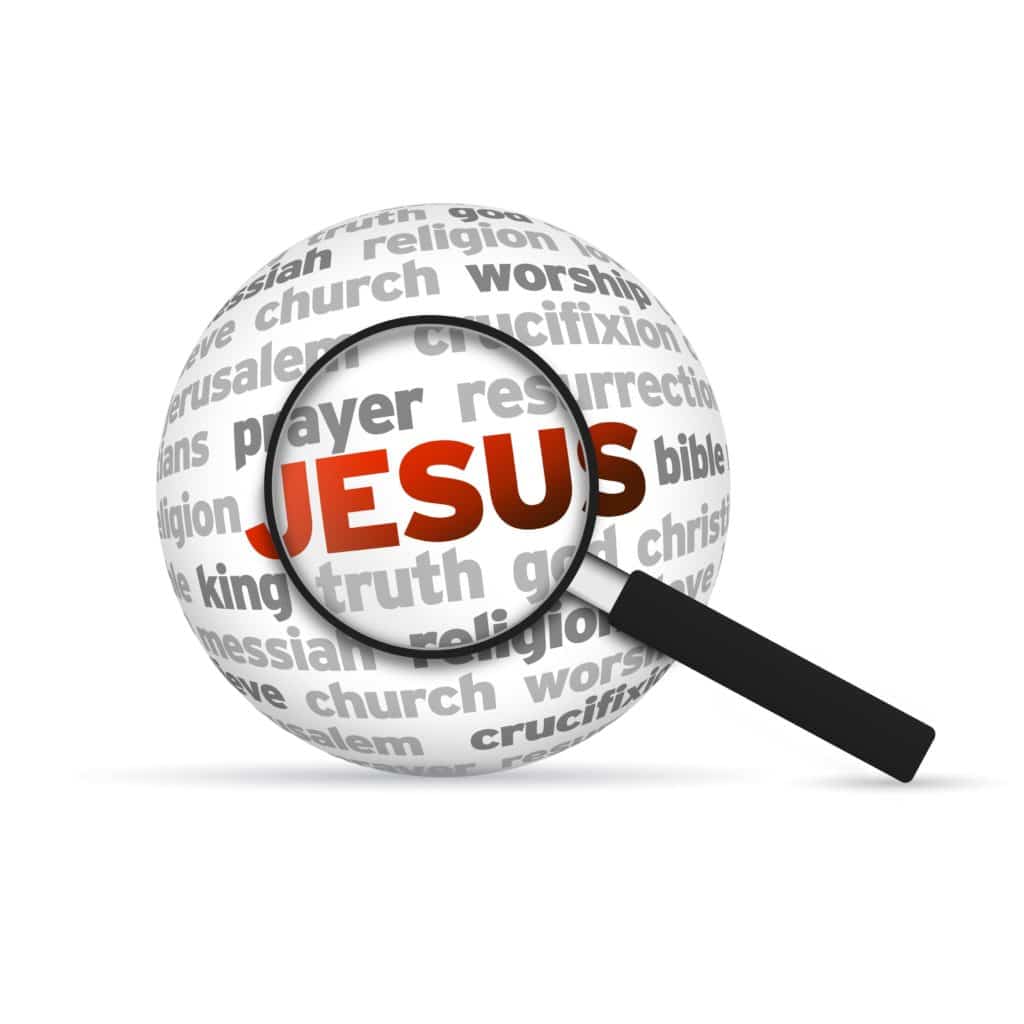Kingdom Coming Part 3

At Keys Vineyard Church, we are presenting a series called ‘Kingdom Coming,’ which we post here on Online Bible Institute.
We are in a series called Kingdom Coming. The three points to remember in this series are the Glory Departs, the exile, and the prophets. Last week, we looked at Ezekiel and talked about false hope leading to despair. This week, we are going to look at Jeremiah and talk about two trees.
Jeremiah 17:5–9 (NIV)
5 This is what the Lord says: “Cursed is the one who trusts in man, who draws strength from mere flesh and whose heart turns away from the Lord. 6 That person will be like a bush in the wastelands; they will not see prosperity when it comes. They will dwell in the parched places of the desert, in a salt land where no one lives. 7 “But blessed is the one who trusts in the Lord, whose confidence is in him. 8 They will be like a tree planted by the water that sends out its roots by the stream. It does not fear when heat comes; its leaves are always green. It has no worries in a year of drought and never fails to bear fruit.” 9 The heart is deceitful above all things and beyond cure. Who can understand it?
In Jeremiah 17:5-9, the prophet uses a powerful analogy of trees to illustrate how what we trust in shapes our lives. Jeremiah contrasts two types of people—those who place their trust in human strength and those who put their trust in God. The imagery of trees helps to highlight the fundamental difference between these two ways of living.
Jeremiah begins by warning, “Cursed is the one who trusts in man, who draws strength from mere flesh and whose heart turns away from the Lord” (Jer. 17:5, NIV). Such a person is likened to a “bush in the wastelands,” a plant that struggles to survive in a dry, barren land, constantly deprived of life-giving water. This tree’s roots are shallow, reaching for worldly sources of security and strength that cannot sustain it. Because it is not connected to a reliable source of nourishment, this bush is vulnerable to the harshness of its environment. Similarly, when we place our trust in human wisdom, wealth, or strength, we find ourselves spiritually dried up, unable to thrive or bear fruit in difficult seasons.
In contrast, Jeremiah describes the person who trusts in God as being “like a tree planted by the water that sends out its roots by the stream” (Jer. 17:8). This tree is well-watered, flourishing even in times of drought. Its roots grow deep and strong, anchored in the never-failing source of life—God Himself. Even when the heat of trials comes, the tree remains green and fruitful because its roots have access to a constant stream. This represents the life of a person whose trust is in the Lord. Despite challenges or seasons of scarcity, they continue to thrive because they are deeply rooted in God’s presence, promises, and provision.
Jeremiah’s analogy reveals a crucial truth: where we place our trust determines whether we flourish or falter in life. When we put our trust in worldly things—human strength, material possessions, or fleeting pleasures—our spiritual roots remain shallow, and we become like the withering bush. But when we trust in God, we are nourished, sustained, and able to endure, just like the well-rooted tree by the stream.
The condition of our roots reflects the source of our trust. Our lives will either be shaped by the barrenness of relying on ourselves or by the abundance that comes from trusting in the Lord. The choice is ours, and it is a choice of profound significance.
This weekend at Keys Vineyard Church, we will discuss all this and more, so be sure to join us in person or online.
Steve Lawes is a Church Consultant and also provides coaching for pastors, churches, ministries and church planters.

